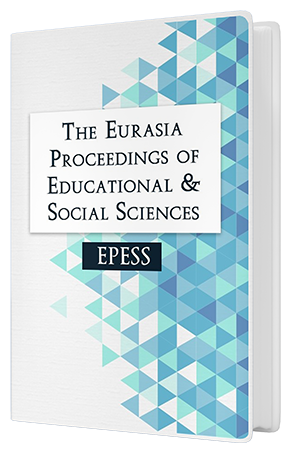INFLUENCE OF MORNINGNESS-EVENINGNESS PREFERENCE OF EDUARDO MONDLANE SECONDARY SCHOOL STUDENTS IN CHIMOIO ON SCHOOL PERFORMANCE
Keywords:
Morningness-eveningness, schedule, school performanceAbstract
The current study aims to diagnose the influence of morningness-eveningness preference of Eduardo Mondlane Secondary School (EMSS) students in Chimoio on school performance. The research involved school students of the grade 10 (N= 88) from Chimoio in Manica which 51 were male and 37 female, with ages ranging from 14-22 years old. For data collection was used Horne and Osterberg questionnaire Portuguese version. This research seeks to answer the following questions i) what is the frequency distribution of early and late chronotypes in the population of the studants? ii) is there any relation between the variation of chronotypes and school achievement? Our results show that 60% of students have morningness preference, 35% intermediate and only 5% have eveningness preference. The study reveals a certain correlation between morningness-eveningness preference and school performance on EMSS students in Chimoio thus 85% morningness preference that have morning schedule approved and only 15% reproved. The night schedule students have 75% of approvals and 25% of disapproval. In conclusion, the morningness students attending the morning shift have better school performance in relation to the morning attending the night shift. The competent authorities, parents and guardians should identify the morningness-eveningness preferences on students as they influence positively or negatively on educational performance in our schools.Downloads
Published
Issue
Section
License
Copyright (c) 2016 The Eurasia Proceedings of Educational and Social Sciences

This work is licensed under a Creative Commons Attribution-NonCommercial-ShareAlike 4.0 International License.
The articles may be used for research, teaching, and private study purposes. Any substantial or systematic reproduction, redistribution, reselling, loan, sub-licensing, systematic supply, or distribution in any form to anyone is expressly forbidden. Authors alone are responsible for the contents of their articles. The journal owns the copyright of the articles. The publisher shall not be liable for any loss, actions, claims, proceedings, demand, or costs or damages whatsoever or howsoever caused arising directly or indirectly in connection with or arising out of the use of the research material. All authors are requested to disclose any actual or potential conflict of interest including any financial, personal or other relationships with other people or organizations regarding the submitted work.




